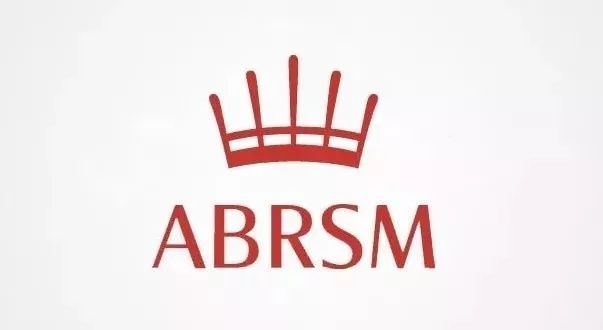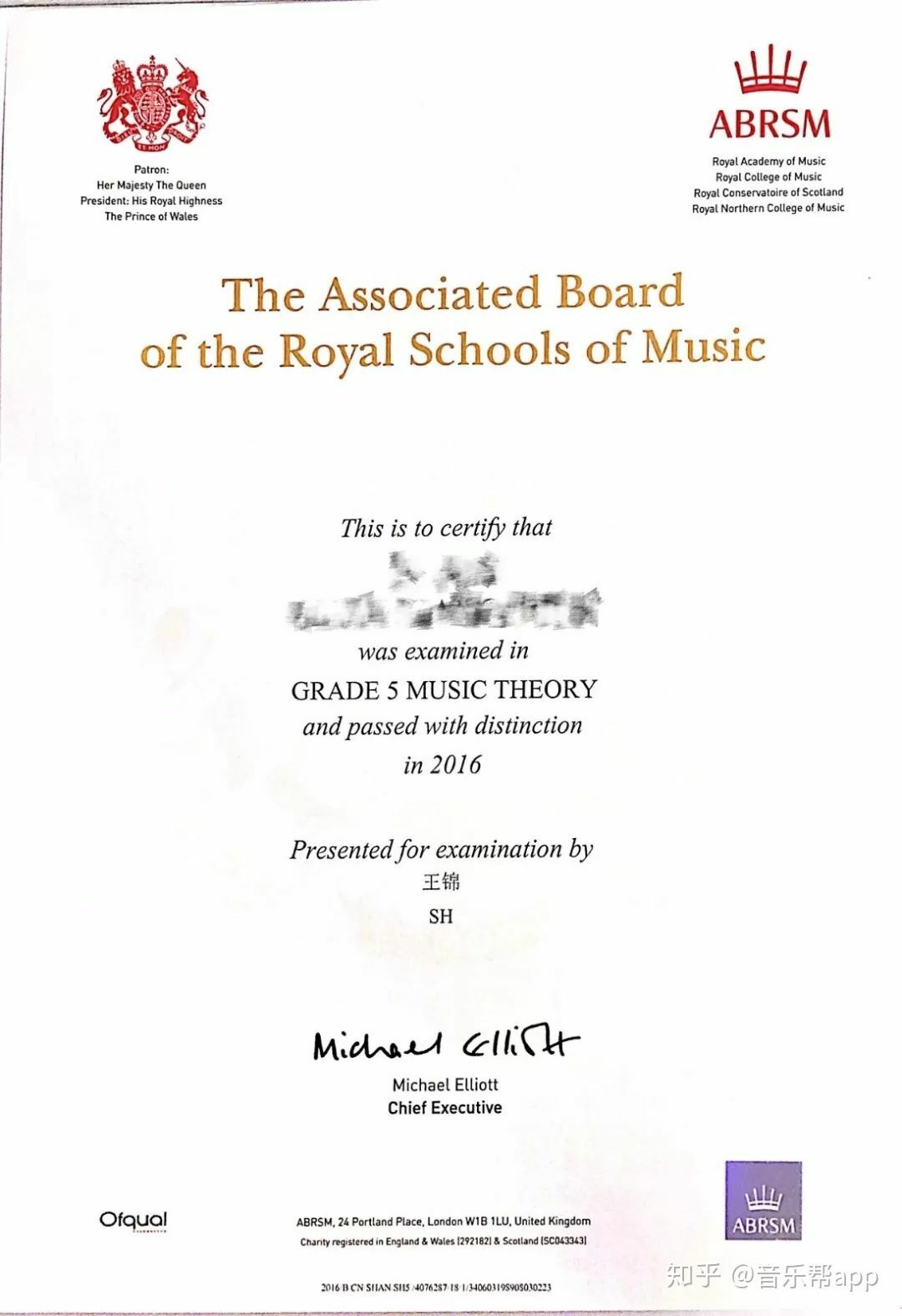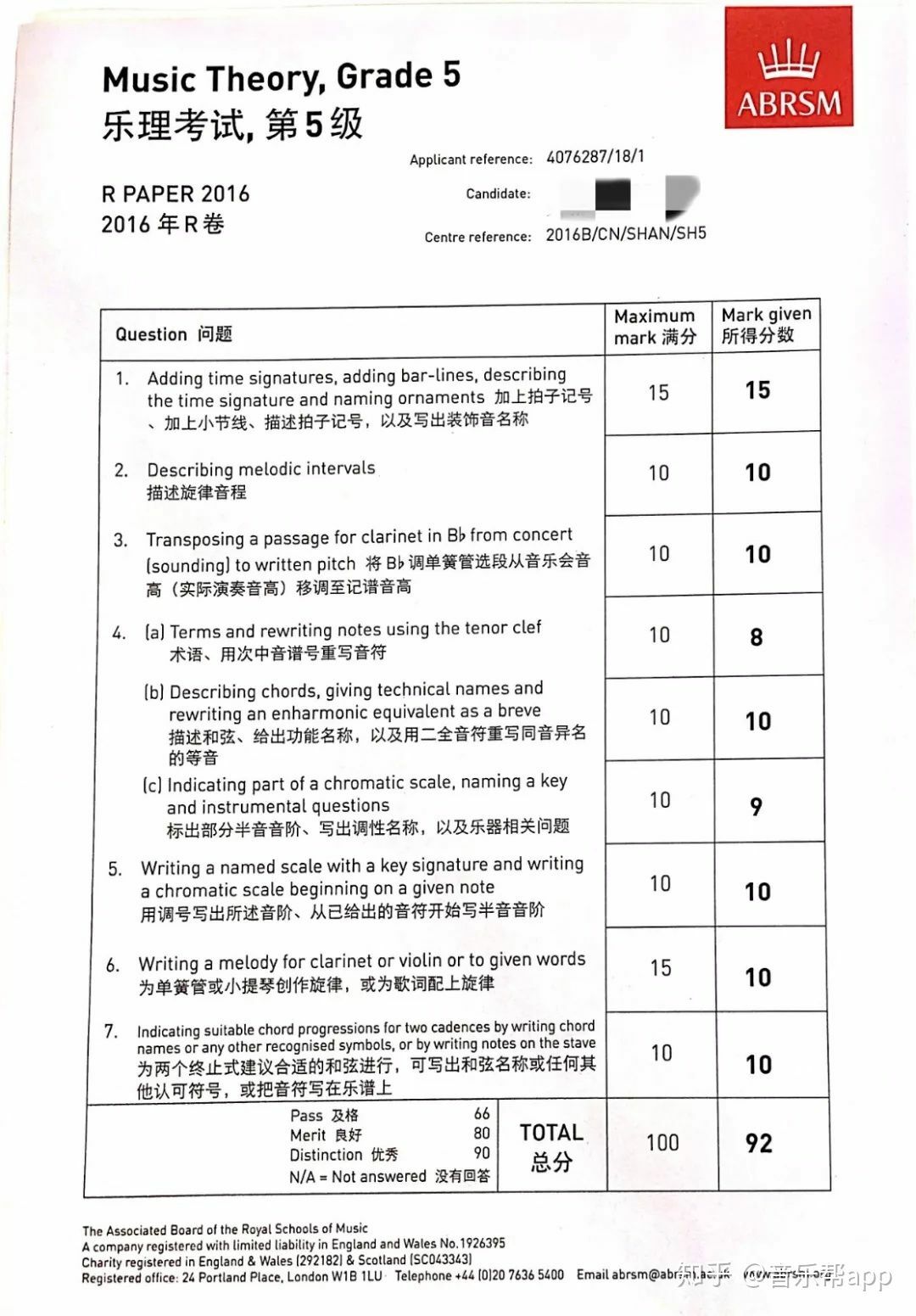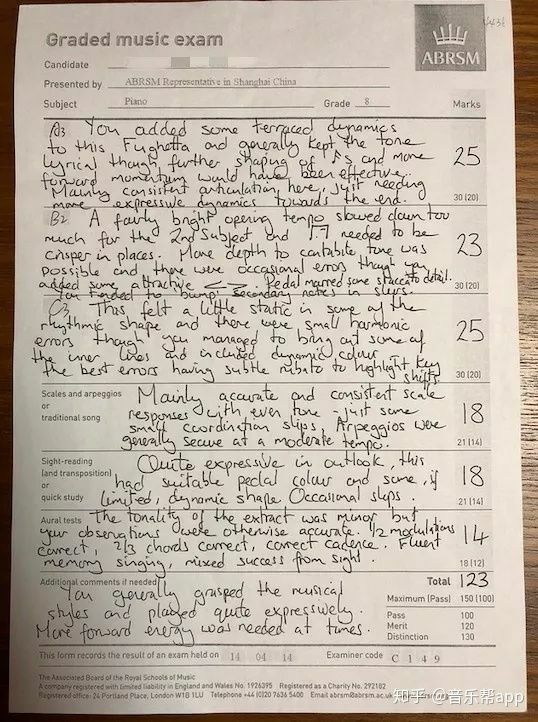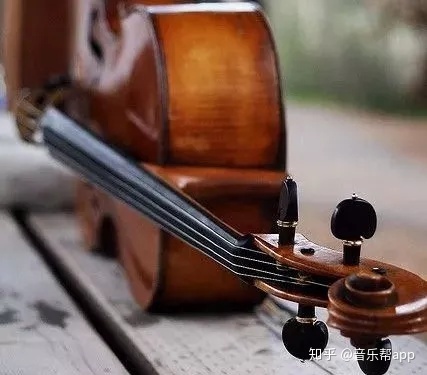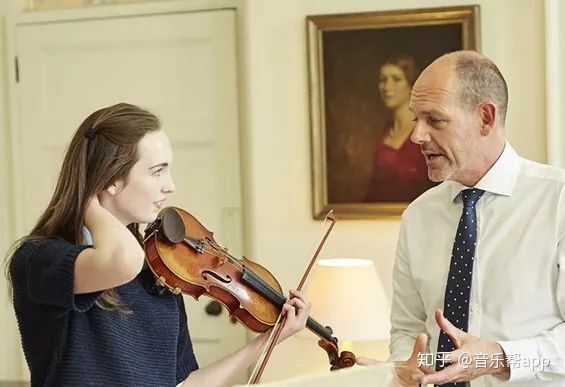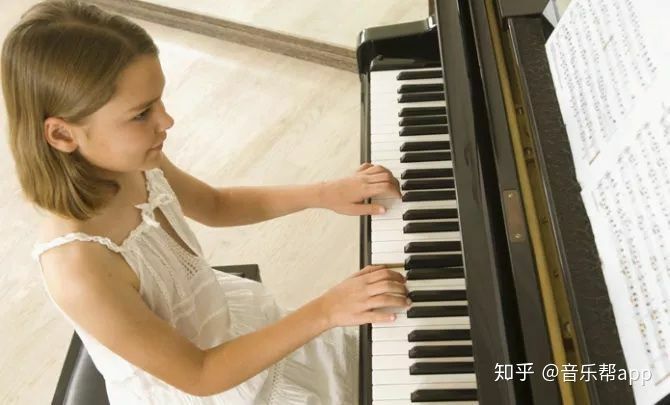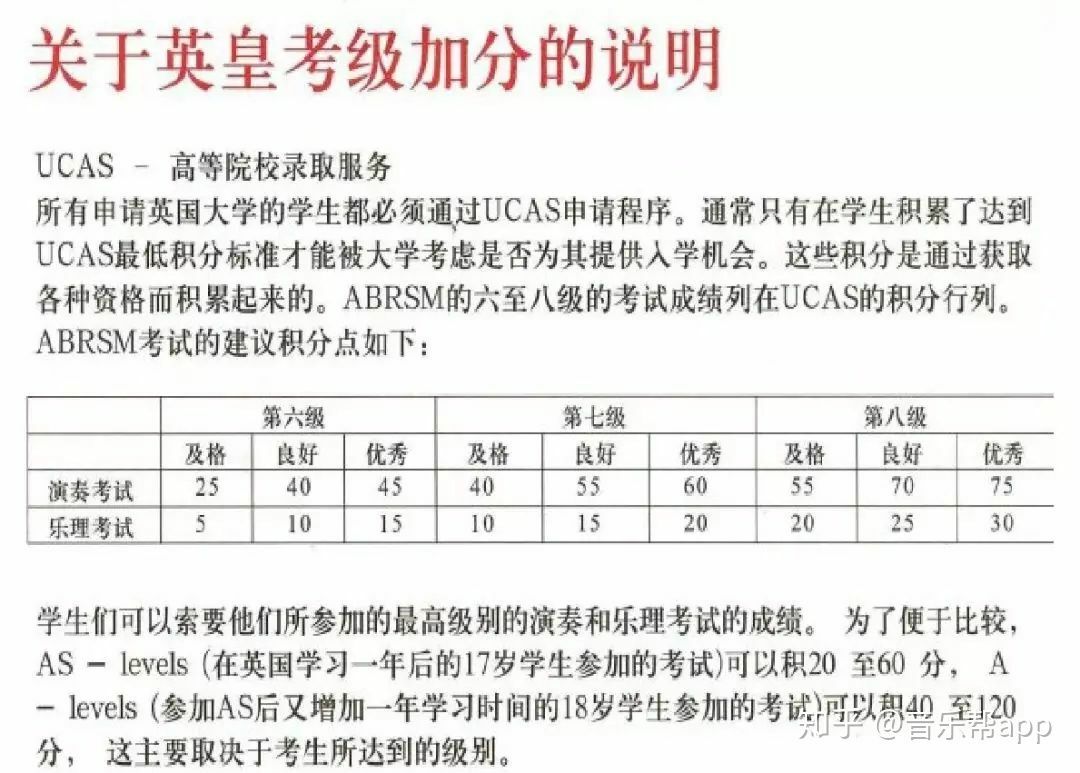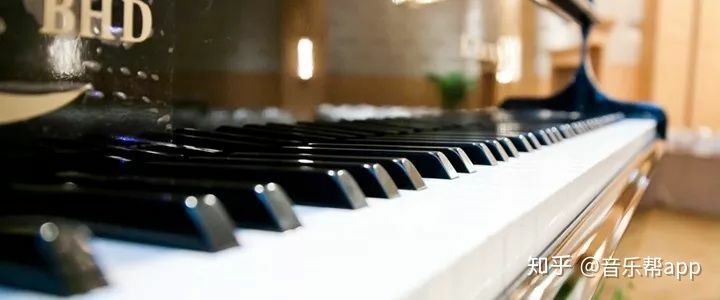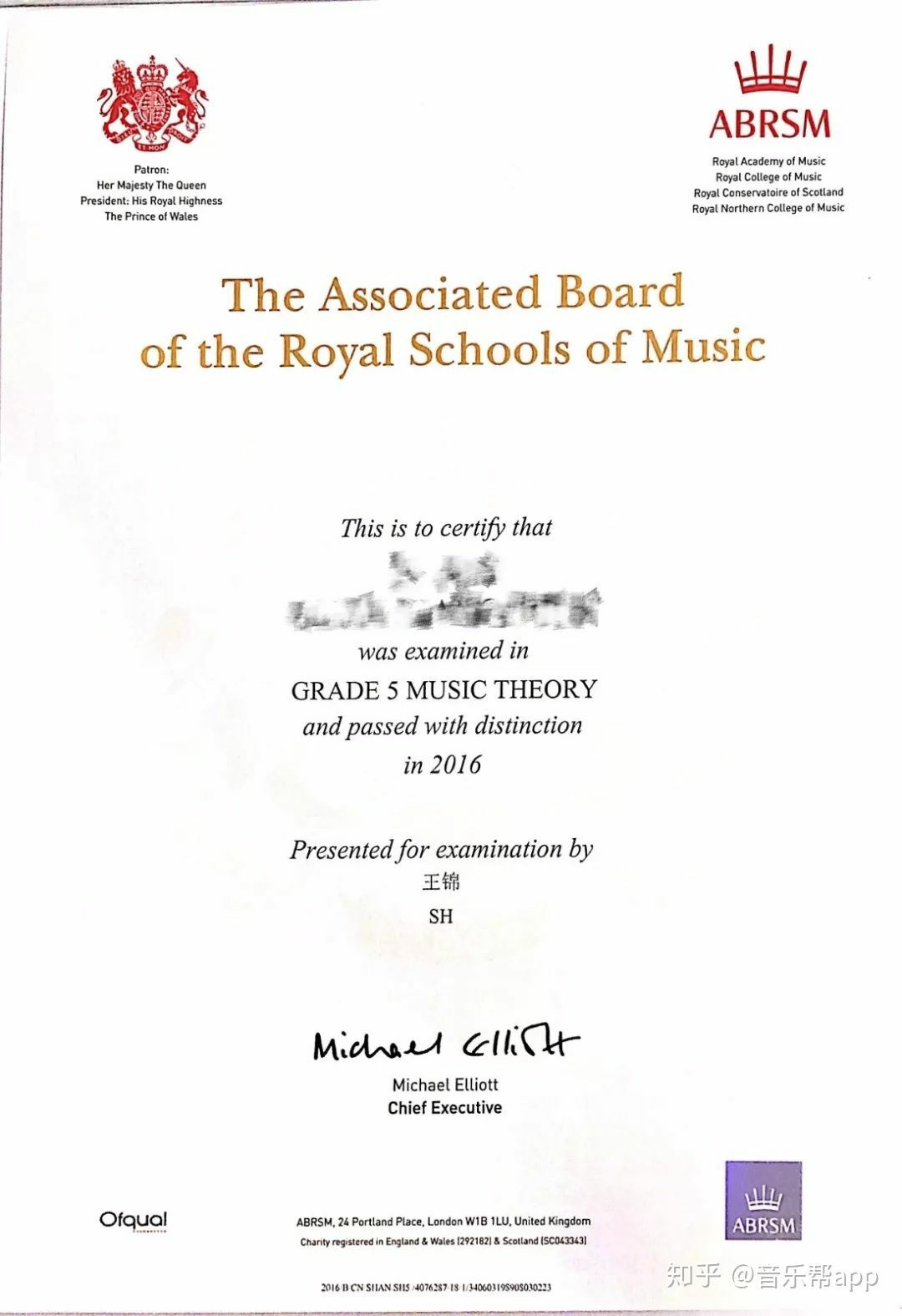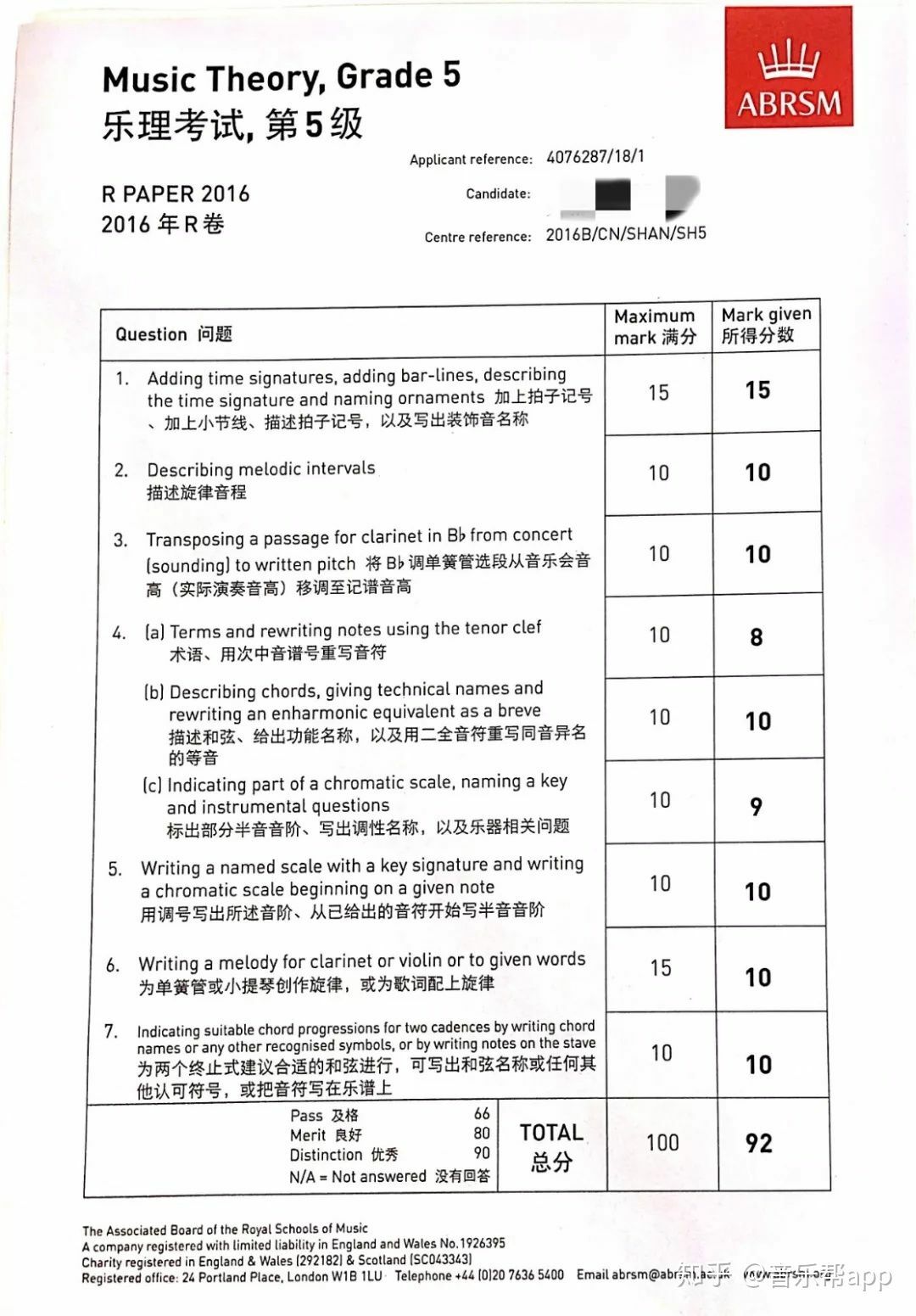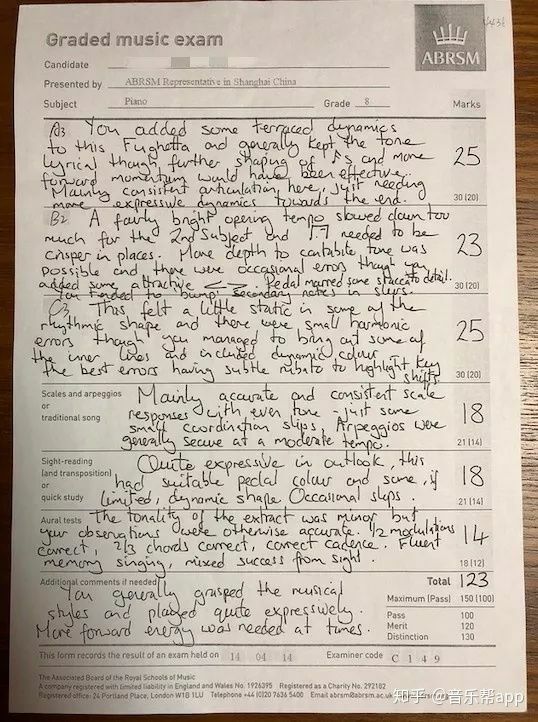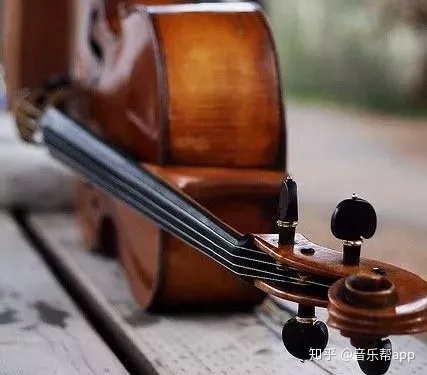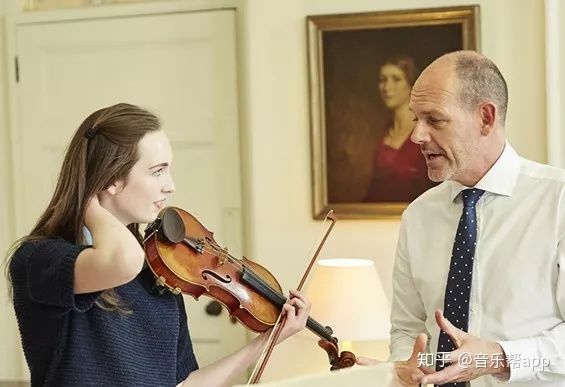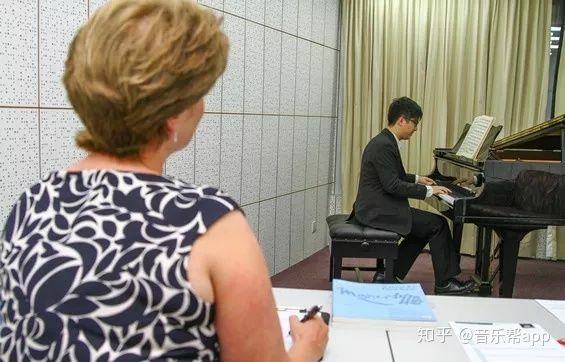英皇考級被稱為國際化的考級,越來越多老師和學生紛紛積極報考,讓我們一起來了解一下英皇考級
1. 英皇考級到底是什麼?
“英皇考級”其實是個不准確的簡稱,容易誤以為是英國皇室或英國皇家音樂學院的考級。其全名The Associated Board of the Royal Schools of Music,於1889年由皇家音樂學院( Royal Academy of Music) 校長 Alexander MacKenzie 爵士和皇家音樂學校( Royal College of Music) 主任George Grove 爵士共同創建。
其成員是英國的四家音樂院校:英國皇家音樂學院(Royal Academy of Music)、皇家音樂學校(Royal College of Music)、英國皇家北方音樂學院(Royal Northern College of Music)和蘇格蘭皇家音樂戲劇學院(Royal Scottish Academy of Music and Drama),總裁是威爾士王子——即後來的英皇愛德華七世。
因此,英皇考級其實是一個聯合體,最初僅被命名為“聯合委員會”,現在的正式中文譯名是:英國皇家音樂學院聯合委員會(ABRSM)。
2. 英皇考級證書長什麼樣?
下圖這個是學生證書的掃描件,分別是證書封皮和演奏及樂理評分錶,為保護學生隱私已打碼姓名。
演奏考級滿分為150分,100分合格,達到130分以上即為優秀。證書裡包含了對樂曲,音階,視奏,聽力考試的打分及手寫評語。
樂理考級滿分為100分,66分合格,90分以上即為優秀。證書因有中文翻譯就不再詳細介紹。
3. 英皇考級考什麼?
英皇考級(ABRSM)的考試分為演奏(包含樂曲,音階,視奏,聽力)和樂理(筆試)兩大塊,它們的最高級別都是8級。而實際上,英皇考級還設有文憑類考試,它們是 DipABRSM (初級文憑),LRSM(高級文憑),FRSM (院士文憑),文憑有三種,分別是教學,演奏和指揮。這是非常專業的考試,只有取得8級證書的人才能申考文憑類考試。
4. 參加英皇考級試需要具備什麼條件?
這是經常被提及的問題,其潛台詞是英皇考級考級難不難?
首先給出官方答案,參加英皇考級的考生不分國籍、年齡和音樂學習背景,每個人可根據自己不同的情況選擇適合自己的考試項目。再給出個人真誠的回答,需要一個好老師,需要一個能堅持的家長或能堅持的學生,那就夠了。
5. 我通過了其他考級5級,應報考英皇幾級?
這是另一個常被提及的問題,其潛台詞是把其他考級體系和英皇考級體系進行同質轉換。遺憾的是此問題無解。由於眾所周知的原因,一般演奏考級普遍不設置視奏以及聽力測試,而這兩項是考生難以通過大量機械化訓練依靠聽覺模仿和肌肉記憶去突擊的,所以英皇考試雖然允許跳級,但其實很克“速成”類考生。
6. 英皇系統教學 VS 傳統鋼琴教學
英皇考級系統的教學和傳統鋼琴教學有什麼區別?摸著藝術良心說,本來它們應該沒有任何區別,只要是學古典音樂和鋼琴,就應該學習基礎的樂理與和聲知識,就應該紮實學好基本功,就不應該學了數年音樂離開老師卻什麼都不會,也聽不懂交響樂和室內樂。鋼琴,尤其是古典鋼琴,不是一個變相的“打地鼠”鍵盤遊戲,在正確的時間擊打正確的鍵的遊戲,若只有這點要求,那機器人早已替代鋼琴家。學生需要控制音質穩定,解構作品又需要音色多變,這不是“彈對”就行的。
學習古典鋼琴,從來就是一個漫長的艱苦的過程,受限於學生的耳朵發育和手指機能,是不可能“速成”的。速成型學生通過了國內十級,但在音樂素養上是“白丁”。只會彈有限的幾首樂曲,且往往就是考級規定的那幾首,通常也說不出它們是什麼時期的作品,其風格及結構,創作背景,和對作品的理解更無頭緒。有些學生甚至連作品的體裁及作者都不知道。
所以英皇考級的聽力視奏和樂理設置倒逼著教學上必須按音樂教育本來的規律來辦。這也就是筆者所說的,“本應沒有區別”。
7. 英皇考級演奏考試的評分標準?
英皇考級的演奏是如何打分的?官方的五個標準是:音準 Pitch,時值 Time,音色 Tone,形態 Shape,表演 Performance。特別需要說明的是,這五項標準的字面含義應以英文原文為準。
音色 不是指鋼琴聲學品質的好壞,而是針對作品的和聲色彩及情緒表達等多方面考量下做出的鋼琴觸鍵的變化及其所帶來的聲音反饋。
形態 不是指學生的身體動作,而是指對作品的樂句,聲部,結構等多方面的詮釋,是音樂的“形狀”。
表演 指的不光是學生的舞台表現,更指對作品時期風格的詮釋。
舉個例子,某位考生在英皇考級高級別考試中,將巴赫和肖邦這兩位相隔百年作曲家的音樂彈得沒有區別,即對標ABRSM的評分標準中的音色Tone,形態Shape,表演Performance三項,那麼即使音準和時值都對,也就是筆者前文所寫的變相“打地鼠”準確率100%,也是不會得到考官認可的。
8. ABRSM證書的含金量?
可能是最被關心的證書含金量問題,也就是留學加分和獎學金的申請問題,如果將來有留學計劃,英皇考級的證書具備在英聯邦(及部分非英聯邦的西方國家,如美國/法國/德國)國家,業餘音樂考級證書中幾乎全球最高的效力和信譽。英聯邦國家的大學錄取加分會高達120分,英屬體系外的國家相對較少。具體加分或申請獎學金政策因國家(或地區)和學校不同而各有差異,拿英國本土舉例,請參考下表。
需要注意的是,英皇考級達到六級以上才能提出申請。分數的好壞也是參考標準,一個高級別的低分(比如八級105分),給錄取方的印象,未必好過一個相對低級別的高分(比如七級135分)。
音樂就是思想著的聲音。
Music is the sound of thinking.
___________________________________________________________________________________________________________________________________________________________
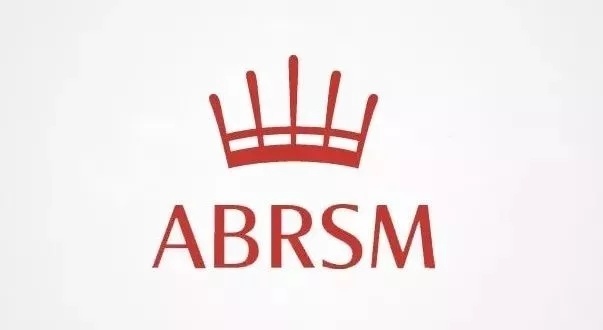
The Emperor's Grading Exam is known as an international exam. More and more domestic teachers and students are actively applying for the exam. Let's take a look at the Emperor's Grading Exam.
1. What exactly is the Royal Examination?
"Emperor's Examination" is actually an inaccurate abbreviation, and it is easy to mistake it for the examination of the British Royal Family or the Royal Academy of Music. Its full name, The Associated Board of the Royal Schools of Music, was founded in 1889 by Sir Alexander MacKenzie, Principal of the Royal Academy of Music, and Sir George Grove, Director of the Royal College of Music.
Its members are four music schools in the UK: the Royal Academy of Music, the Royal College of Music, the Royal Northern College of Music and the Royal Scottish Academy of Music and Drama (Royal Scottish Academy of Music and Drama), the president is the Prince of Wales – the future King Edward VII.
Therefore, the Imperial Examination is actually a consortium, which was originally named only "Joint Committee", and now the official Chinese translation name is: British Royal Academy of Music Joint Committee (ABRSM).
2. What does the King's Examination Certificate look like?
The picture below is a scanned copy of the student certificate, which is the certificate cover and performance and music theory score sheets. The names have been coded to protect the privacy of students.
The full score of the performance test is 150 points, 100 points are qualified, and 130 points or more are excellent. The certificate includes scores and handwritten comments on music, scales, sight-reading, and listening tests.
The full score of the music theory test is 100 points, 66 points are qualified, and 90 points or more are excellent. The certificate will not be introduced in detail because of the Chinese translation.
3. What is the Imperial Examination?
The ABRSM test is divided into two parts: performance (including music, scales, sight-reading, listening) and music theory (written test), and the highest level of them is 8. In fact, there are also diploma exams in the King's Examination, which are DipABRSM (primary diploma), LRSM (advanced diploma), FRSM (academician diploma). There are three kinds of diplomas, namely teaching, performance and conducting. This is a very professional exam and only those with a Level 8 certificate can apply for the Diploma exam.
4. What are the requirements for taking the King's Examination?
This is a question that is often mentioned.
The official answer is given first. Candidates who take the Emperor's examination are not divided into nationalities, ages and music learning backgrounds. Everyone can choose the examination items that suit their own circumstances. To give a personal and sincere answer, you need a good teacher, a persevering parent or persevering student, and that’s enough.
5. I passed level 5 of the domestic examination. What level should I apply for?
This is another frequently mentioned issue, and its subtext is to homogeneously convert the domestic grading system and the Emperor's grading system. Unfortunately this problem is unsolved. Due to well-known reasons, sight-reading and listening tests are generally not set in domestic performance examinations, and these two are difficult for candidates to rely on auditory imitation and muscle memory to attack through a large number of mechanized training. Therefore, although the emperor's examination allows skipping grades, it is actually very difficult. "Quick" class candidates.
6. Emperor System Teaching VS Domestic Piano Teaching
What is the difference between the teaching of the Emperor's Grading System and the domestic piano teaching? Touching the artistic conscience, I said that there should be no difference between them. As long as you are studying classical music and piano, you should learn basic music theory and harmony knowledge, and you should learn the basic skills solidly. Neither can nor understand symphony and chamber music. The piano, especially the classical piano, is not a disguised "whack-a-mole" keyboard game, a game of hitting the right keys at the right time. If that was the only requirement, the robot would have already replaced the pianist. Students need to control the sound quality to be stable, and deconstruction works need to change the sound quality. This is not just "playing right".
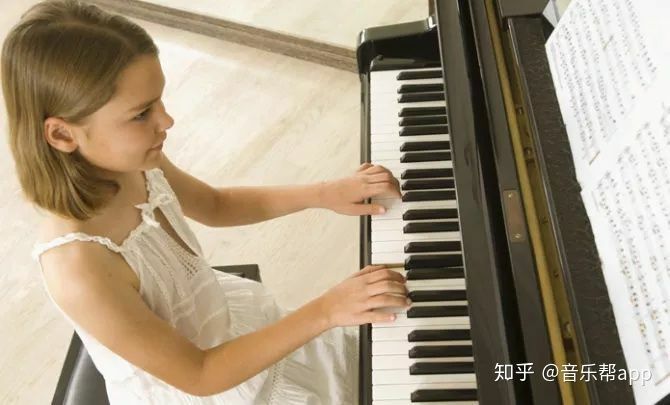
Learning classical piano has always been a long and arduous process, limited by the students' ear development and finger function, it is impossible to "quick". The instant students passed the domestic tenth grade, but they were "white Ding" in terms of musical literacy. He can only play a limited number of pieces, and they are often the ones specified in the grading test. Usually, it is impossible to tell what period they are works, their style and structure, their creative background, and their understanding of the works. Some students don't even know the genre and author of the work.
Therefore, the listening sight-reading and music theory settings of the Emperor's Grade Examination force the teaching to be done according to the original rules of music education. This is what the author said, "there should be no difference".
7. What is the grading standard for the King's Graded Performance Test?
How is the performance of the King's Examination graded? The five official standards are: Pitch, Time, Tone, Shape, and Performance. It should be noted that the literal meaning of these five standards should be based on the original English text.
Timbre does not refer to the quality of the piano's acoustics, but the changes in the touch of the piano keys and the sound feedback brought by them under the consideration of the harmony color and emotional expression of the work.
Form does not refer to the physical movements of students, but refers to the interpretation of various aspects such as phrases, parts, and structure of the work, which is the "shape" of music.
Performance refers not only to the students' stage performance, but also to the interpretation of the style of the work period.
For example, a candidate played the music of Bach and Chopin, two composers separated by hundreds of years, in the high-level examination of the King's Examination, that is, the Tone, Shape, and Performance in the ABRSM scoring standard. Three items, then even if the pitch and timing are correct, that is, the accuracy rate of the disguised "whack-a-mole" written by the author is 100%, it will not be recognized by the examiner.
8. What is the gold content of the ABRSM certificate?
It may be the most concerned about the gold content of the certificate, that is, the application of extra points and scholarships for studying abroad. If there is a study abroad plan in the future, the certificate of the Emperor's examination will be available in the Commonwealth (and some non-Commonwealth Western countries, such as the United States/France/ Germany) national, amateur music examination certificate in almost the world's highest potency and credibility. Universities in the Commonwealth of Nations have a bonus of 120 points, and there are relatively few countries outside the British system. The specific bonus points or scholarship application policies vary by country (or region) and school. Take the UK as an example, please refer to the table below.
It should be noted that the application can only be submitted if the Emperor's Examination has reached Level 6 or above. The quality of the score is also a reference standard. A high-level low score (such as 105 points in the eighth level) may not give the admissions better impression than a relatively low-level high score (such as 135 points in the seventh level).
音樂就是思想著的聲音。
Music is the sound of thinking.
